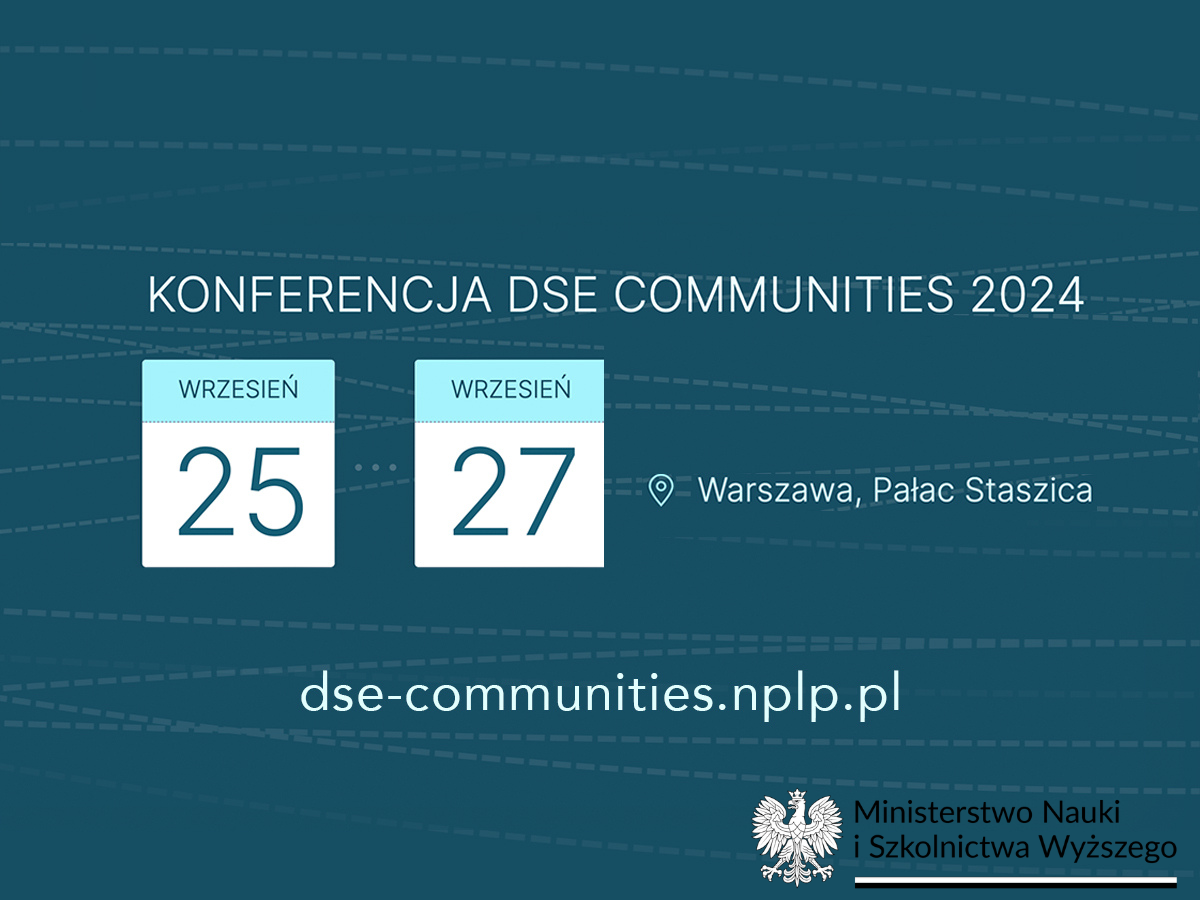Event
Digital scholarly editing (micro)communities of practices
Digital scholarly editing (DSE) has seen decades of intensive development both in terms of practice and theory. Projects of concrete editions have been carried out in a variety of scales, languages, scholarly disciplines and cultural areas, providing a basis for reflection on the optimal future directions of DSE. A key issue to address is the tension between the bottom-up and the infrastructure approach to proposing DSE solutions, which can be understood as a set of trade-offs:
- complexity of digital humanities data in specific above mentioned projects vs. the desire to standardize them
- more comprehensive but costly customized solutions vs. more simple but accessible solutions that use existing infrastructures.

Bottom-up approach
Similarly to traditional editing, digital editing is strongly rooted in the scholarly traditions of particular countries and disciplines and tied to a language. Advancement of DSE often results from work on specific types of editions (linguistic, genre, around a particular tool or scholarly interest). Digital editors form special interest groups, communities gathered around tools or topics, are willing to discuss editorial aspects on social media and other communication platforms and seek ways to integrate digital editions into educational programmes in an affordable way and include participants outside academia into the process of creation, for example by crowdsourcing.
From this perspective an essential prerequisite for proposing viable solutions is the investigation of the specific needs of this community of practice that takes stock of concrete opportunities and limitations in local settings (e.g. in terms of types of data, or funding streams).
Infrastructural approach
Despite the local component, there is a strong tendency in the digital humanities to create solutions and tools that are as universal as possible, transcending the above mentioned linguistic, professional or practical particularities. That trend is - reinforced by the increasingly strong infrastructural turn in the humanities in general, and the development of specific European infrastructures related to the humanities disciplines (like DARIAH, CLARIN, OPERAS).
The construction of widely accessible infrastructures and the creation of increasingly organized research communities also appear to be one solution to the problem of the high threshold for entry into the DSE, but this cannot be done in isolation from the differences described above.
Conference themes
The aim of the conference is to explore the above tension between bottom-up and infrastructural approaches, to reflect on possible pathways for action within the DSE, especially the possibilities for interaction, integration, further standardization, data exchange, perhaps also the creation in stages of an increasingly expanded transdisciplinary and transnational infrastructure for the DSE.
The goal of our conference is to look at how both approaches operate in specific cases, examining various manifestations and forms of digital scholarly editing, and its specific communities of practice, including (but not limited to):
- creators and audiences of non-English editions;
- teams representing a larger organization, infrastructure or working group;
- communities promoting open standards and collaborative tool development;
- groups centered around a particular scholarly discipline;
- practitioners of data reuse and enrichment of existing DSEs;
- proponents of user co-creation of the DSE.
The issues we would like to consider include:
- exploring the needs of DSE practitioners at the level of a single language (is it possible to create an editing community around a language group?)
- practices and solutions of digital editing in specific communities
- workflows of creating and enriching scholarly digital editions emerging from different research communities
- enhancing the processability of scholarly digital editing data
- possibilities to include users in the community and co-create scholarly digital editions: crowdsourcing, co-design, QA testing
Please send abstracts of contributions (between 300 and 500 words excluding bibliography) by 15.06.2024 30.05.2024 to event.panorama@ibl.waw.pl
This conference will be held in English. Registration fee is 150 EURO for all participants. Travel and accommodation reimbursements will be considered upon request.
Information
See also
FAIR Heritage: Digital Methods, Scholarly Editing and Tools for Cultural and Natural Heritage (virtual meeting)
A plethora of data about cultural and/or natural heritage is nowadays available to both public and private institutions (e.g., universities, libraries, archives, museums, etc.). These data are highly heterogeneous in terms of both formats and contents. In addition, the way in which they are organized and characterized depends on the socio-cultural contexts of different working communities, their research methodologies, languages, and ways of thinking. As a consequence of this heterogeneity, it is hard to find connections across multiple datasets or to agree on data publishing policies and shared vocabularies to describe data in a common manner. (http://www.lestudium-ias.com/event/fair-heritage-digital-methods-scholarly-editing-and-tools-cultural-and-natural-heritage)
Cultures of Dissent in Eastern Europe (1945-1989): Research Approaches in the Digital Humanities
This 7-day seminar in digital humanities research methods is designed to expose a new generation of scholars in Cold War history and culture to methods of analysis and discovery involving computational techniques. Designed and run by NEP4DISSENT (New Exploratory Phase in Research on East European Cultures of Dissent), COST Action 16213, the inspiration for the course is built around the transfer of knowledge from technologists and data scientists to humanists.
BIO/HUMANITIES: REPRESENTATIONS OF LIFE
The Centre for Advanced Studies in the Humanities at the Jagiellonian University organizes this conference and seminar series in collaboration with national and international partners (Postcolonial Studies Centre, University of Wrocław; Department of Polish, Russian, and Lithuanian Studies, University of Illinois Chicago). It is part of the ongoing work of the bio.humanistyka research group.
Digital Humanities 2020
The theme of the conference is “carrefours/intersections,” a place where paths cross. The theme recalls the geographical and cultural heritage of Ottawa, a bilingual city in unceded Algonquin territory. Three specific sub-disciplinary interests will guide our use of the theme: First Nations, Native American, and Indigenous Studies; public digital humanities; and the open data movement.